Watch
Events
Articles
Market
More
Shalom dear fellow Shofar Blowers and Listeners!
🔻 Here is your Meeting Link:https://dateful.com/eventlink/2753910087
Feel free to invite others using this link:https://tube.ttn.place/v/KmZMaD
🎤Please let us know if you would like to lead worship in one of the next meetings, or know someone that would.
We are Looking forward to sounding the Shofar with you in Jerusalem!
Shalom,
Camp Ephraim
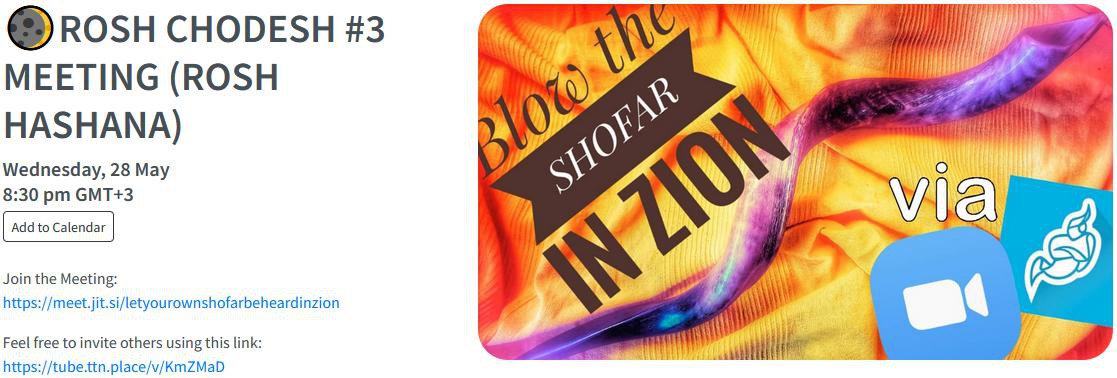






Thought for Today: Wednesday May 28
As we trust in the Moshiach, YHVH gives us His Spirit as a pledge or, as some translations read: earnest or guarantee. “He… put His Spirit in our hearts as a deposit, guaranteeing what is to come” (2 Corinthians 1:21-22). In the apostle Paul’s day, a deposit or a pledge did three things: It was a down payment that sealed a bargain; it represented an obligation to buy; and it was a sample of what was to come… Ruach HaKodesh in our hearts is YHVH’s pledge or deposit to us – sealing His commitment to save us, guaranteeing that someday our salvation will be complete, and enabling us to experience its joys.



Did you know that when you make the Son the origin of living waters, when scripture reserves that title for the Father, is not just a doctrinal misstep - it borders on the very idolatry Jeremiah was warning about?
https://afflicted4messiah.word....press.com/2025/05/28



Found OOMs ✔️
Stills from Knowmad the game, a chicken costume, and an AI image for "a detailed black and white photograph of a massive organ made of pitchforks and flintlocks spewing swarms of goblin locusts, along the sides dangle trembling cocoons with various animal embryos inside them, and spread across the floor are sleeping trolls oni yeti and ogres."
https://www.pinterest.com/pin/6685099441423050/
https://www.pinterest.com/pin/42150946508030196/
#dailyoom
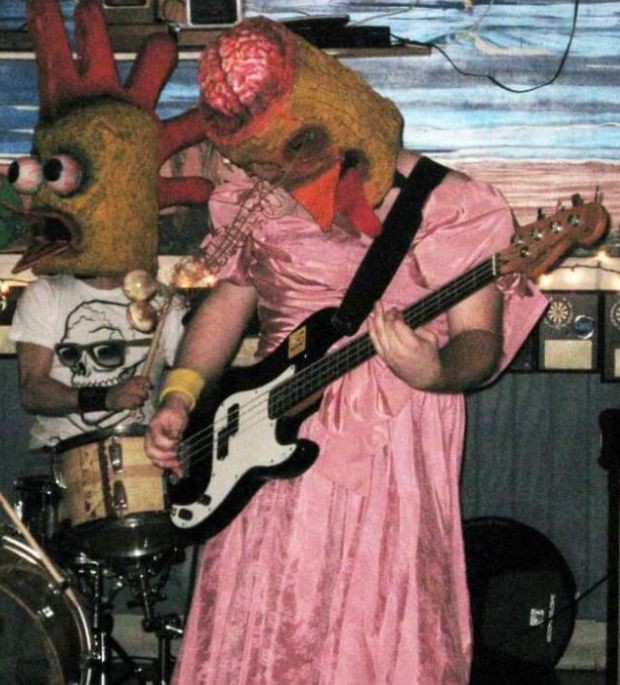



Found OOMs ✔️
Stills from Knowmad the game, a chicken costume, and an AI image for "a detailed black and white photograph of a massive organ made of pitchforks and flintlocks spewing swarms of goblin locusts, along the sides dangle trembling cocoons with various animal embryos inside them, and spread across the floor are sleeping trolls oni yeti and ogres."
https://www.pinterest.com/pin/6685099441423050/
https://www.pinterest.com/pin/42150946508030196/
#dailyoom
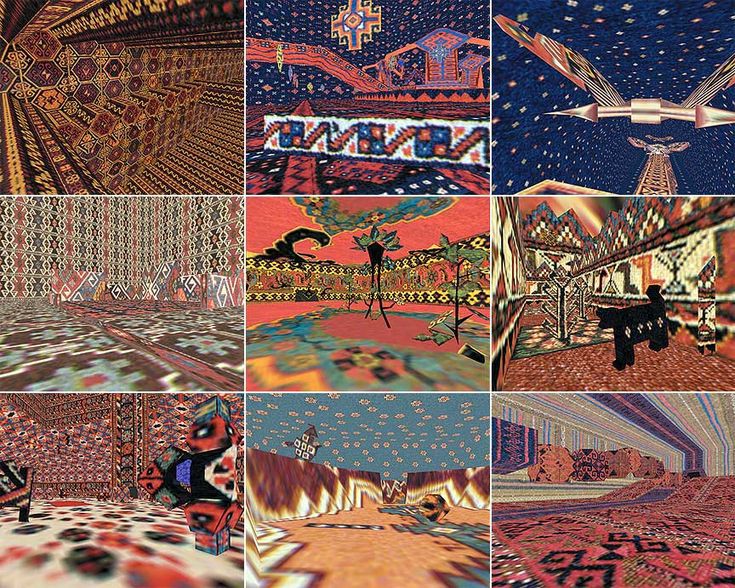



Found OOMs ✔️
Stills from Knowmad the game, a chicken costume, and an AI image for "a detailed black and white photograph of a massive organ made of pitchforks and flintlocks spewing swarms of goblin locusts, along the sides dangle trembling cocoons with various animal embryos inside them, and spread across the floor are sleeping trolls oni yeti and ogres."
https://www.pinterest.com/pin/6685099441423050/
https://www.pinterest.com/pin/42150946508030196/
#dailyoom
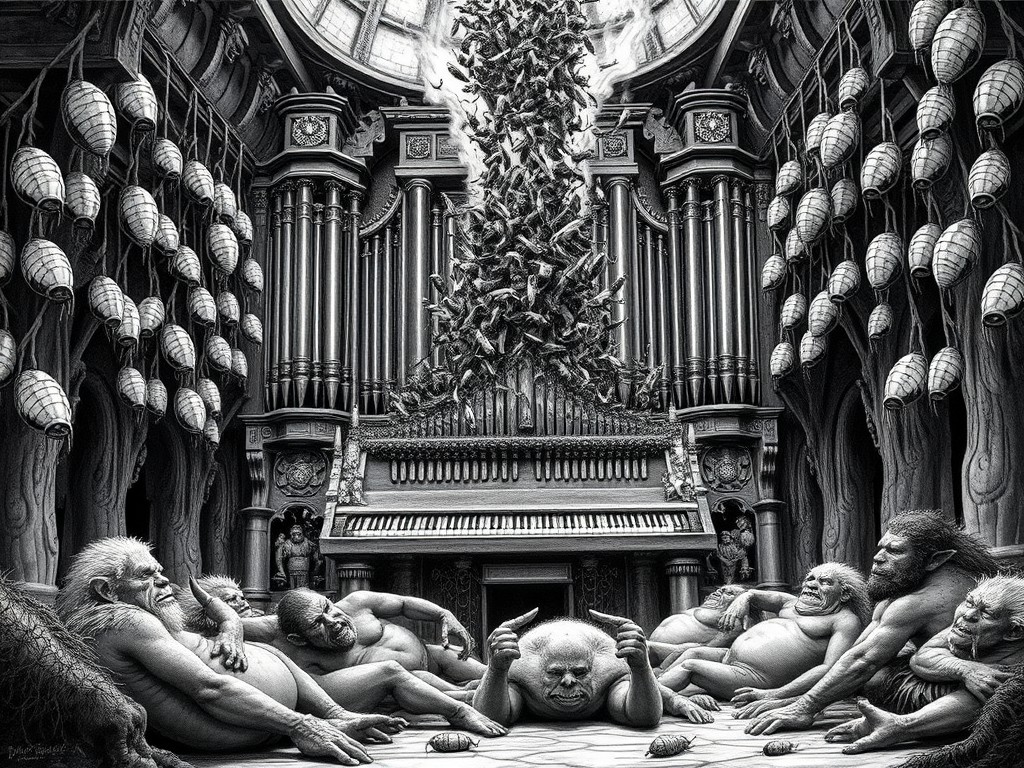



Found OOMs ✔️
Stills from Knowmad the game, a chicken costume, and an AI image for "a detailed black and white photograph of a massive organ made of pitchforks and flintlocks spewing swarms of goblin locusts, along the sides dangle trembling cocoons with various animal embryos inside them, and spread across the floor are sleeping trolls oni yeti and ogres."
https://www.pinterest.com/pin/6685099441423050/
https://www.pinterest.com/pin/42150946508030196/
#dailyoom
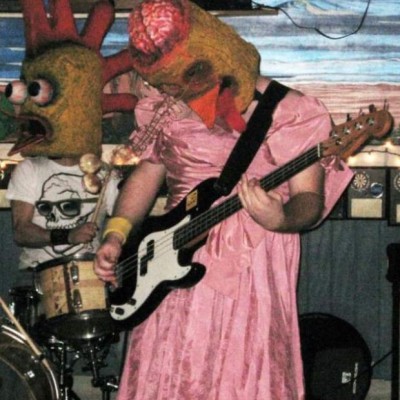

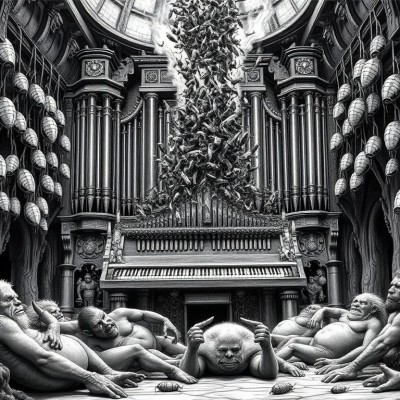



Rhy Bezuidenhout
So it is in the past
Delete Comment
Are you sure that you want to delete this comment ?